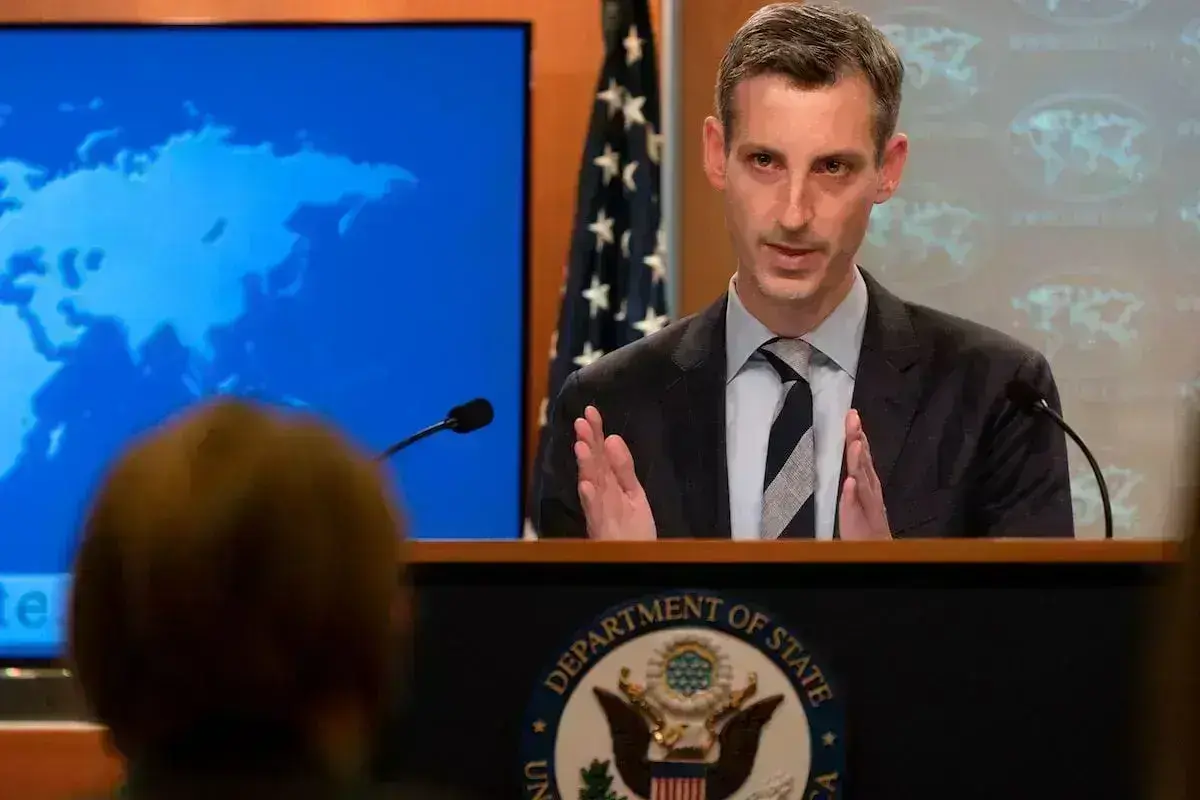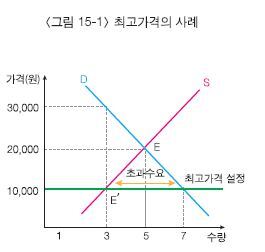
자. 내일이 이브고 모레가 X-MAS입니다. 그리고 저는 앞으로 4일간 일하다 고장나지나 않을런지 모르겠네요.
아무튼 좀 있다가 출근하는데 시간이 애매해서 또다시 미 국무부 브리핑 밀린거나 올리렵니다. 12월 9일 수석부대변인 베단트 페텔의 브리핑이 있었는데 딱히 눈에 띄는 것은 발견하지 못해서(눈에 띄는게 없다기보다는 제 눈에 안들어오네요) 12월 12일로 넘어갑니다.
언제나 그렇듯이 번역에 태클걸어주시면 오히려 대환영입니다!
(사실 태클걸리길 바랄 지경입니다. 그래야 생산적일테니까요.)
-----
https://www.state.gov/briefings/department-press-briefing-december-12-2022/#post-403364-china

1. 시주석이 원유를 위안으로 거래 한다던데요?
* 일단 몇달전부터 러시아와 중국은 달러가 아닌 위안화를 이용하여 러시아산 석탄과 원유를 거래해오고 있음.
** 시주석이 사우디아라비아 방문 마지막날에 사우디아라비아 리야드에서 걸프지역 아랍 정상들과 회동을 가졌고, 기조연설에서 "중국은 6개 걸프협력회의 국가들로부터 원유와 액화천연가스 수입을 계속 확대하고 석유와 가스 거래에서 위안화 사용을 추진할 것"이라 밝힘. '상하이 석유 가스 거래소'를 위안화 결제의 플랫폼으로 활용할 것이라고 밝혔으며, 그 대신 반대급부로써 "중국은 걸프 국가들로부터 많은 양의 석유를 지속해서 수입하고 액화천연가스 수입도 확대할 것"이라고 첨언함.
국제원유시장에서는 1974년 석유파동 이후로 달러로 거래하는게 관행으로 굳어져왔다고 함.
https://www.ytn.co.kr/_ln/0104_202212101422450199
QUESTION: Can I —
MR PRICE: Yes, Janne.
슬슬 기자들 이름이 눈에 들어오기 시작하네요.
QUESTION: Thank you. Can I follow up Chinese issues there? Chinese’s President Xi Jinping declared that crude oil purchase will be made in the Chinese money, yuan. What is the U.S. position of the hegemonic competition with the dollar as China declared internationalization of the yuan?
---> 익명의 누군가가 바이든 행정부 초기에 기고한 <The Longer Telegram>의 앞부분에도 미국의 달러패권을 지켜야 한다는 내용이 적혀있던게 기억나네요,
MR PRICE: What was – sorry, what was the last part of your question, Janne?
QUESTION: What is the U.S. position on the hegemonic competition with the dollar as China declared the internationalization of the yuan, the Chinese money?
---> 한마디로 잔느라는 기자는 중국이 원유를 위안으로 결제하면 달러의 패권적 지위가 위협받는것 아니냐. 바이든 행정부는 어떻게 대응할거냐고 묻고있는 겁니다.
MR PRICE: Well, it is just a fact that business transactions around the world oftentimes are denominated in U.S. dollars. I wouldn’t necessarily call that hegemonic. I would call that a consequence of time and convenience and history.
---> 일단 프라이스 대변인은 "패권적 지위"라는 표현을 시간과 편의성과 역사의 결과물이라고 톤을 다운시켰습니다.
I think the underlying point of your question is something that we can offer a bit more on because you seem to be referencing Chinese purchases of Russian oil, if I – if I heard correctly. We’ve worked with countries around the world, of course, to do what we can to hold Russia to account for the brutal war of aggression that it’s waging against the people and the country of Ukraine. As part of that, we have sought to limit the revenue-making ability of the Kremlin. We’ve put in place a number of steps, including on December 5th, a week ago now, putting into place the price cap on the export of seaborne Russian oil.
---> 일단 프라이스 대변인은 이야기의 요점을 리야드에서의 회담은 빼고 중국과 러시아 사이의 사례로 전환 및 한정지어놨습니다. 그리고 러시아 원유에 가한 미국측의 대응들을 말 그대로 나열해놨습니다.
We do not think that countries should be deepening their economic ties with Russia at a time of its brutal aggression against the people of Ukraine. We’ve put in place this oil cap so that global energy markets continue – can continue to be stable, can continue to be supplied without providing the Russian Federation the revenue that it would otherwise accrue and in turn use for its brutal war of aggression against Ukraine.
---> 미국은 다른 나라들이 러시아산 원유를 사가는걸 막을 수도 없고 세계 에너지 시장이 계속 굴러가게 하려면 러시아 원유가 계속 유통되도록 할 수 밖에 없다고 전제하되, 그 대신 러시아가 이윤을 못보게 할 수 있다고 말하고 있습니다. 그리고 그 방법은 바로 러시아 원유의 상한가를 제한하는 조치(oil cap)로 보입니다.
---> 요즘처럼 수요가 많을땐 당연히 원유의 가격이 오릅니다. 하지만 미국은 러시아산 원유의 가격에 상한제를 가함(당연히 각국을 향한 외교적 절차를 통해)으로써 러시아가 원유를 팔아도 이윤은 못보게 하겠다는 겁니다.

Now, a number of countries have agreed to comply with this oil cap, but even for countries that are not formally part of the oil cap, the cap has the effect of depressing the price of Russian oil. Even before it went into effect, the price of Russian oil was reduced as a result of the promise of the oil cap. Markets, of course, are forward-looking. As soon as the oil cap – plans to institute it were announced, that had implications on the price of Russian oil.
--> 당연히 외교적으로 구현해야할 일이다보니 어떤 국가는 잘 협조해주고 있고, 어떤 국가는 좀 거시기하다보니 공식적으로 대놓고 협조하고 있진 않지만, 아무튼 미국은 러시아 원유에 상한제를 가하려고 노력중입니다.
So whether countries are formally part of the price cap or not, we encourage them to take advantage of the implications of the price cap when it comes to the price of Russian oil, which in turn will deprive the Russians of revenue they would otherwise accrue from those sales.
---> 그래서 프라이스 대변인이 달러패권에 대한 이야기를 해주었을까요? 제가 보기에는 완전히 연관이 없는 이야기를 한 건 아니지만, 그렇다고 해서 속시원하게 이야기해준것도 아닌거 같습니다.
---> 하지만 곱씹어 생각할 지점도 있는거 같습니다. 프라이스 대변인은 운을 뗴기 전에 달러의 '패권적 지위'라는 표현을 "시간과 편의성과 역사의 결과물"로 바꿔놓았습니다. 일상언어로 바꿔보자면 '우리가 쓰라고 해서 니네가 달러쓰고 있냐? 니네가 편해서 우리 달러 쓰는 거잖아?'라고 반문한 겁니다.
---> 그렇다면 이렇게 바꿔 생각할 수도 있을거 같습니다. 중국은 러시아와 원유를 거래할때 당연히 러시아의 의향에 맞는 가격을 위안화로 지불할 것입니다. 반면에 oil cap에 동참하는 다른 국가들은 러시아와 원유를 거래할때 미국 주도로 자기들끼리 합의한 상한가격으로 지불할 것입니다. 물론 미국 달러로 말입니다.
---> 이 이상으로는 모르겠네요. ㅎㅎ;; 아무튼 상한제를 하건 뭐를 하건 미국 달러로 거래하는 관행과 미국 달러를 매개로 한 거래 그 자체가 계속 이어지기만 한다면(+ 이 관행을 유지할 메리트가 시장참여자들에게 계속 제공된다면), 원유 거래에 있어서 달러를 교체하려는 위안화의 압력은 계속 구축될 것이라는 것 정도밖에요.
-----
2. 크리튼브링크 미 동아태차관보의 중-한-일 순방.
QUESTION: One more question now, and just turn to Secretary for East Asia and Indo-Pacific Kritenbrink visited China and South Korea and Japan. How would you describe your background over these three countries at this time? And during this visit to South Korea, will you discuss South Korea electric vehicles? Electric vehicles.
MR PRICE: Electric vehicles.
QUESTION: Yes, IRAs.
MR PRICE: So we did announce last week that Assistant Secretary Kritenbrink accompanied by the Senior Director for China and Taiwan Laura Rosenberger and our Deputy Assistant Secretary of State for China and Taiwan – excuse me, Deputy Assistant Secretary for China and Taiwan Rick Waters did travel to – would travel to the PRC.
They met with PRC Vice Foreign Minister Xie Feng in Langfang on December 11th and 12th. They went there for a number of reasons, in part to follow up on the two presidents’ – the conversation the two presidents had in Bali in November, but they also discussed preparations for Secretary Blinken’s own travel to the PRC early next year.
---> 바이든 행정부는 계속 발언해온 대로 중국과의 대화와 외교의 채널을 유지하고 접촉하고 있습니다.
The talks were candid. They were substantive. Assistant Secretary Kritenbrink and Senior Director Rosenberger made clear that the United States would continue to compete vigorously, stand up for U.S. interests and values, defend the rules-based international order, and coordinate closely with allies and partners. Those are the points that we make in all of our engagements with senior PRC officials.
They also emphasized the importance we place on bringing home U.S. citizens who are wrongfully detained or who may be subject to exit bans, noting that it’s a personal priority for the President, for the Secretary of State as well.
They exchanged views on key regional and global issues, including Russia’s aggression in Ukraine and the threat to regional security and stability that the DPRK poses as well.
They also explored potential avenues for cooperation where our interests do intersect. That includes on challenges such as climate change, health security, global macroeconomic stability, and global food security as well.
---> 미-중관계는 가능한 지점에서 협력적일 것이고, 그렇게 될 지점에서는 경쟁적일 것이며, 반드시 그래야할 지점에서는 적대적일 것이다. 그게 바이든 행정부에서의 미-중관계입니다.
(As Secretary Blinken has said, the U.S. relationship with China will be collaborative where it can be, competitive where it should be, and adversarial where it must be.)
After the meetings in China, the Assistant Secretary and Senior Director Rosenberger, they traveled to Seoul and Tokyo for consultations on a range of regional and bilateral issues. They were there from December 12th through the 14th.
QUESTION: Last one. Last one, excuse me. Why doesn’t the United States impose sanctions on China and Russian individual entities to help North Korea?
MR PRICE: Why —
QUESTION: Why China and Russia is not sanctioned? I mean additional sanctions regarding —
MR PRICE: Well, Janne, we’re always looking for individuals who would be appropriate to sanction under our various authorities, including those authorities that are targeted at the DPRK’s ballistic missile program, its nuclear weapons program, its WMD program more broadly. If there are individuals who are appropriate for the use of sanctions, we won’t hesitate to do that. We are – we have made very clear that we will continue to hold the DPRK to account for its threat to stability and security in Northeast Asia and potentially well beyond.
Yes.
---> 어째 잔느라는 기자가 처음에 물어봤던 IRA 관련 내용은 전혀 나오지 않고 미-중관계에 대한 원론적인 이야기로 끝나버렸습니다. 어째 싱겁지만 이게 끝이네요.
-----
이번에도 미 국무부 대변인은 말해야할 것을 말하는 것보다는 말하지 않아야 하는 것을 말하지 않는 직업이라는 생각이 듭니다.